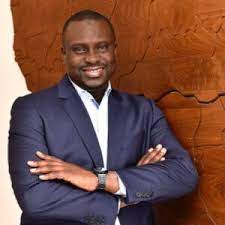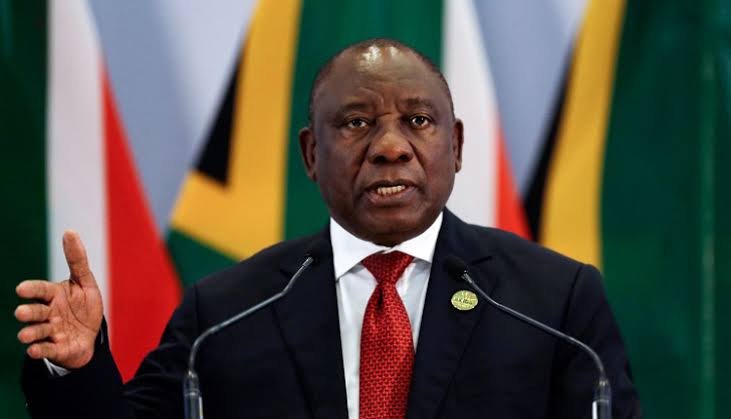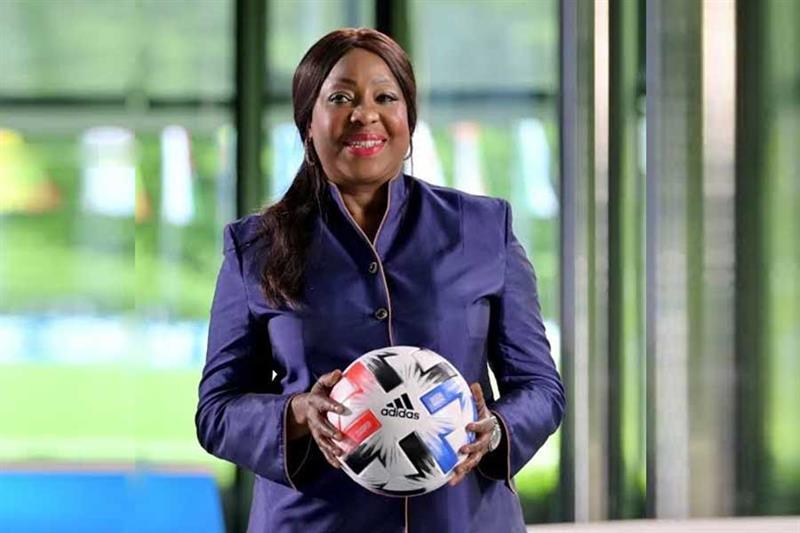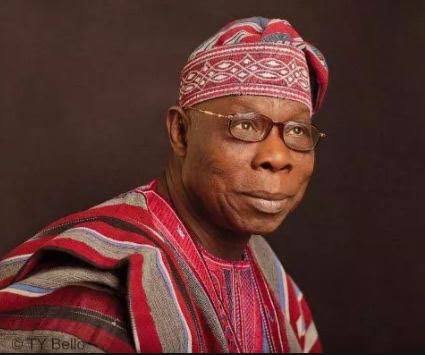Orange Middle East and Africa Partners Spotify to Promote African Talents
With a worldwide community of over 551 million monthly active listeners, including 220 million subscribers, Spotify provides a wide range of African and international artists with a library including over 82 million tracks. Thus from today, in the Democratic Republic of Congo, Madagascar, and Mali and very soon in Guinea, millions of mobile users will enjoy music for free on Spotify platform when subscribing to an Orange mobile offer; The new partnership between Orange Middle East & Africa (www.Orange.com) and Spotify will bring a new music journey to mobile users, thanks to a vast music catalog and a user-friendly interface.
Orange, operating in 18 countries across Africa and the Middle East, has recently partnered with Spotify, the world’s leading music streaming platform, to offer all mobile customers an exciting music experience. By offering complimentary data bonuses to access to Spotify’s service, Orange strengthens its position as an all-in-one entertainment service provider.

With a worldwide community of over 551 million monthly active listeners, including 220 million subscribers, Spotify provides a wide range of African and international artists with a library including over 82 million tracks. Orange customers can now enjoy this personalized and enriching musical experience by creating for instance their own playlists.
Read also : Egypt’s Fawry Partners with MoneyHash to Unleash Digital Payment Innovation
Jocelyne Muhutu-Remy, Managing Director for Spotify in Sub-Saharan Africa, said “We are excited to partner with Orange Middle East & Africa to offer data bonuses to our customers in Democratic Republic of Congo, Guinea, Madagascar, and Mali, allowing them to enjoy our vast music library of over 100 million songs, without worrying about data. We are aware that data costs continue to be a hindrance for people who would like to stream music, that’s why we are actively working at Spotify SSA on partnerships like this one.”
Brelotte Ba, Deputy CEO of Orange Middle East and Africa, said: “We are pleased to partner with Spotify to bring a new experience to our customers in Africa and the Middle East. As a multi-service operator on the continent, we want to provide our customers with easier access to the rich musical culture in Africa and to the promotion of local talents. The deployment of this service in the countries where we are present will greatly facilitate access to an incomparable musical experience for all communities and thus contribute to the acceleration of digital inclusion on the continent.”
Read also : South Africa Earmarked to Expand National Grid
Music stands as the primary source of entertainment across the African continent. The vast community of Orange mobile users in several countries will enable Spotify to promote local talents and introduce them to a larger audience. This strategic partnership will constitute for Orange a substantial progression towards enhancing the musical experience across the African landscape, fostering a deeper connection to cultural and entertainment elements. Orange is exploring opportunities to expand the offer in other countries
Kelechi Deca

Kelechi Deca has over two decades of media experience, he has traveled to over 77 countries reporting on multilateral development institutions, international business, trade, travels, culture, and diplomacy. He is also a petrol head with in-depth knowledge of automobiles and the auto industry




















